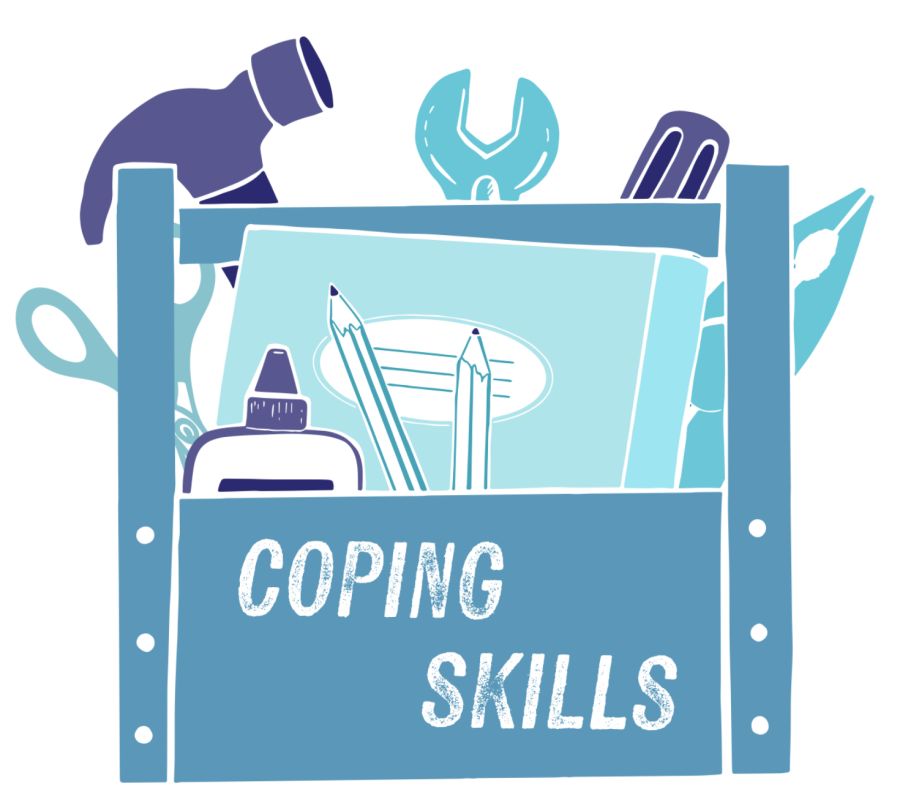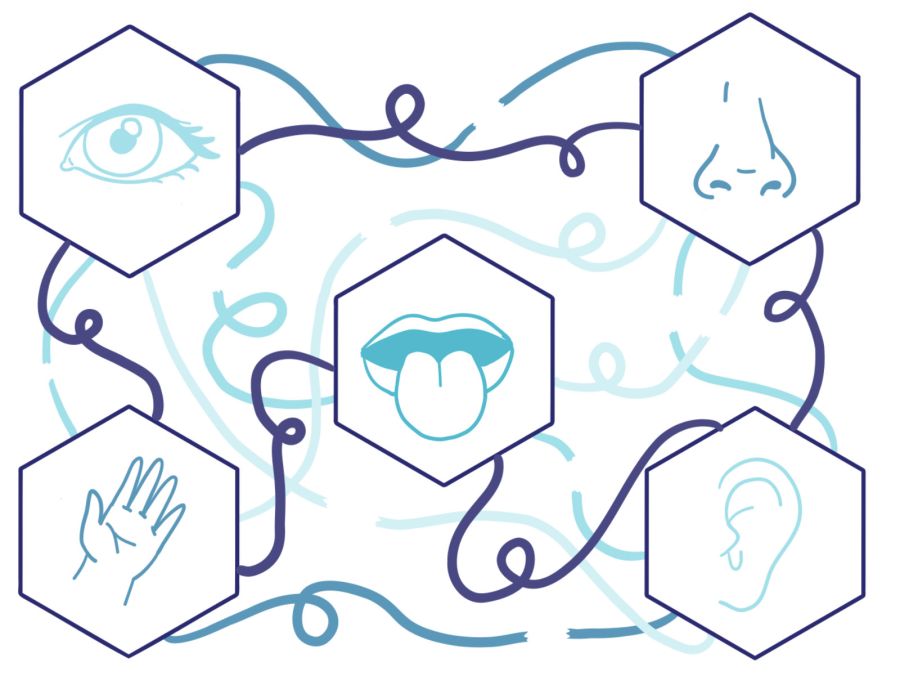
Neurodivergent Special Interest
Although special interests are most commonly found in those with Autism Spectrum Disorder, they actually play a role in a multitude of Neurotypes. Some of the other conditions associated with special interests are ADHD, OCD, OCPD, AuDHD, schizophrenia, anxiety disorders and even depression. But what is a special interest? Clinically speaking, a special interest is a particular topic or enjoyment that an individual is highly focused on and/devoted to. Think back to your schoolyard days. We can all think of that one kid who was super into trains, or the girl who made horses her whole personality. Those kids had special interests in those topics.
While a special interest cand start in childhood and last a person's whole life, that is not always the case. Infact, a lot of people who have special interests report that their special interest has changed at least once in their life, and some don't even develop them till later in life. This hyperfocus can be boon to those who have them. They can help them connect to other people who share their interests and can even be used to help with education and achieving goals.
Let’s talk about that last part there. If your child has a special interest don’t be afraid to encourage it. Sure it might be boring to hear them rattle off a list of obscure facts about different types of poisonous frogs for hours on end, but the benefits outway the brief boredom or annoyance you might feel. Here is a list of some ways to help your child use this unique trait to their advantage and some tips to keep them from becoming a source of shame.
- Sense of Self- By encouraging and actively sharing in your child’s special interests can make a world of a difference in how they view themselves. Think of their interest as an extension of them as a person. Appreciating their interests shows them you appreciate them. If you constantly dismiss, mock or act burdened by their intense hyperfocus on a topic, they begin to see themselves as unimportant, pointless or a burden to others.
- Learning- If your child really hates reading but loves ancient Egypt more than air itself, look into buying more books that reflect that interest. Take them to relevant events, museums or exhibits and watch as their excitement turns into a love for learning.
- Achieving Goals: No child likes cleaning their room or doing the dishes. But you can help motivate them by incorporating their special interests. If your kid loves dinosaurs, get them a dinosaur sponge, or a dinosaur themed hamper. You can also uses it as a reward. If there is a goal you want them to reach, such as mastering a skill or improving in a school subject, offer to take them to see the dinosaur bones in the MET Museum to celebrate their accomplishment.
As you can see there are so many ways to celebrate their special interests while helping them grow and develop. Just remember to always use their special interest as a positive reinforcement tool and never as a punishment. To use it as a punishment can lead to more than one bad outcome, such as hiding parts of themselves from you out of feelings of shame or resentment. Instead celebrate their unique interests and be creative with finding fun ways to incorporate it into the positive reinforcement techniques you already use.
Annalyse Tanzos
Related Articles That Might
Interest You

Coping Skill( CBT techniques and DBT techniques)

Directions and the Neurodivergent Brain
